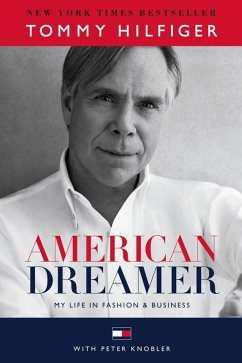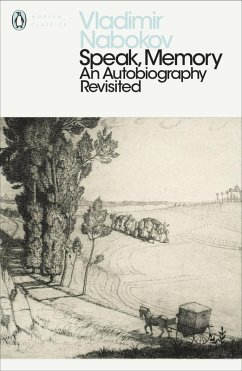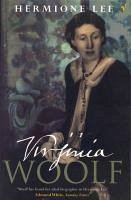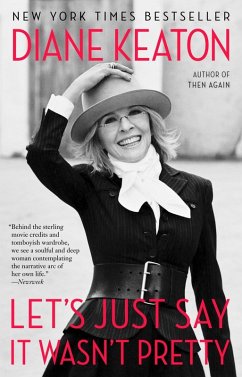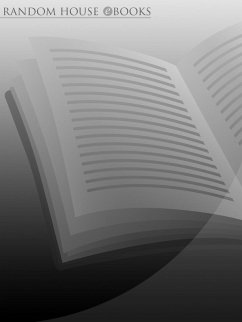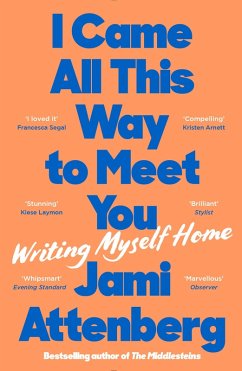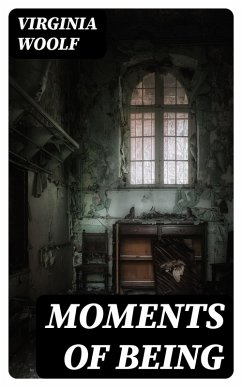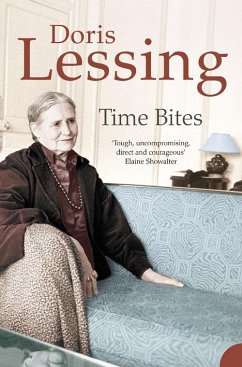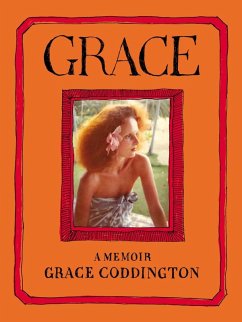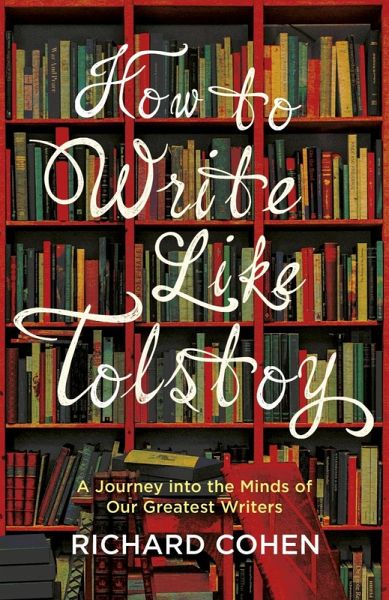
How to Write Like Tolstoy (eBook, ePUB)
A Journey into the Minds of Our Greatest Writers

PAYBACK Punkte
0 °P sammeln!
A Spectator Best Book of the Year 'This book is a wry, critical friend to both writer and reader. It is filled with cogent examples and provoking statements. You will agree or quarrel with each page, and be a sharper writer and reader by the end.' Hilary Mantel 'There are three rules for writing a novel,' Somerset Maugham once said. 'Unfortunately, no one knows what they are.' So how to bring characters to life, find a voice, kill your darlings, avoid plagiarism (or choose not to), or run that most challenging of literary gauntletswriting a good sex scene? Veteran editor and author Richard Coh...
A Spectator Best Book of the Year 'This book is a wry, critical friend to both writer and reader. It is filled with cogent examples and provoking statements. You will agree or quarrel with each page, and be a sharper writer and reader by the end.' Hilary Mantel 'There are three rules for writing a novel,' Somerset Maugham once said. 'Unfortunately, no one knows what they are.' So how to bring characters to life, find a voice, kill your darlings, avoid plagiarism (or choose not to), or run that most challenging of literary gauntletswriting a good sex scene? Veteran editor and author Richard Cohen takes us on a fascinating excursion into the lives and minds of our greatest writersfrom Balzac and Eliot to Woolf and Nabokov, through to Zadie Smith and Stephen King, with a few mischievous detours to Tolstoy along the way. In a glittering tour d'horizon, he lays bare their tricks, motivations, techniques, obsessions and flaws.
Dieser Download kann aus rechtlichen Gründen nur mit Rechnungsadresse in A, B, BG, CY, CZ, D, DK, EW, E, FIN, F, GR, HR, H, I, LT, L, LR, M, NL, PL, P, R, S, SLO, SK ausgeliefert werden.




